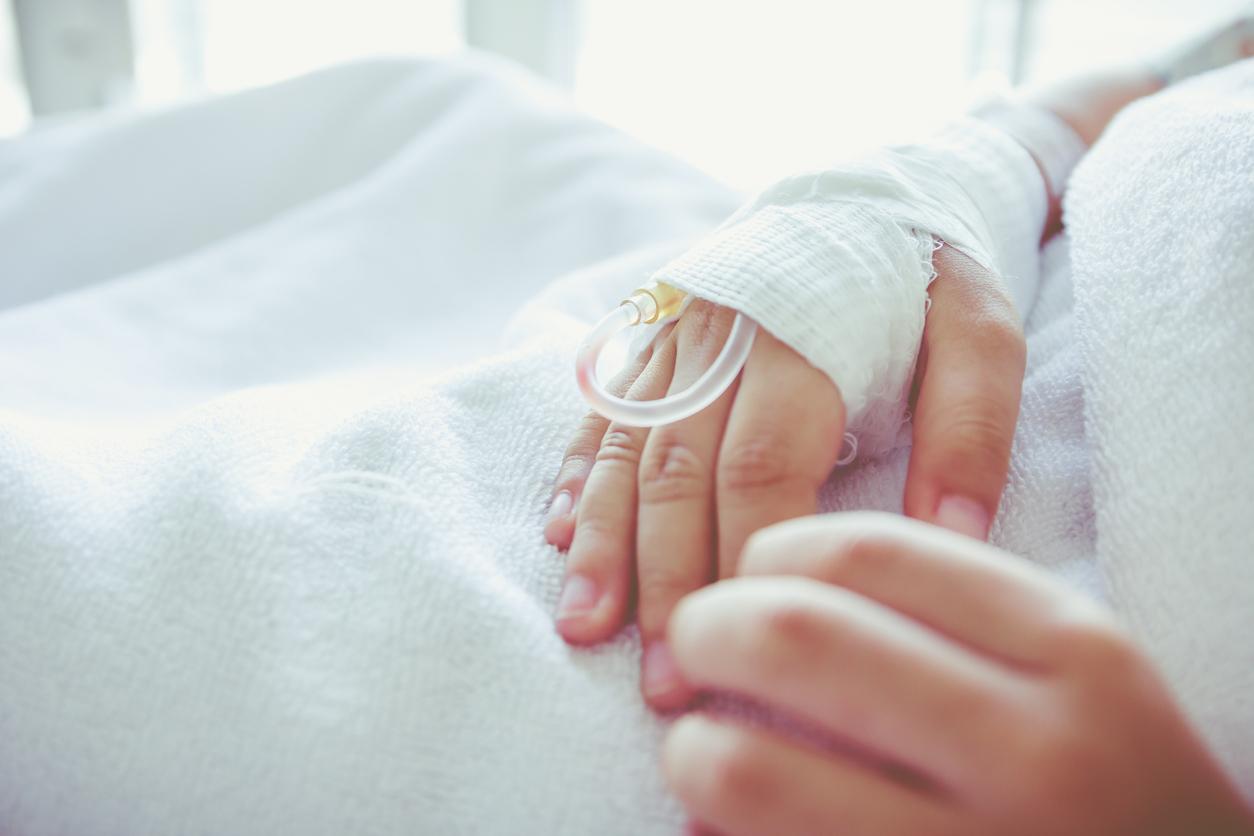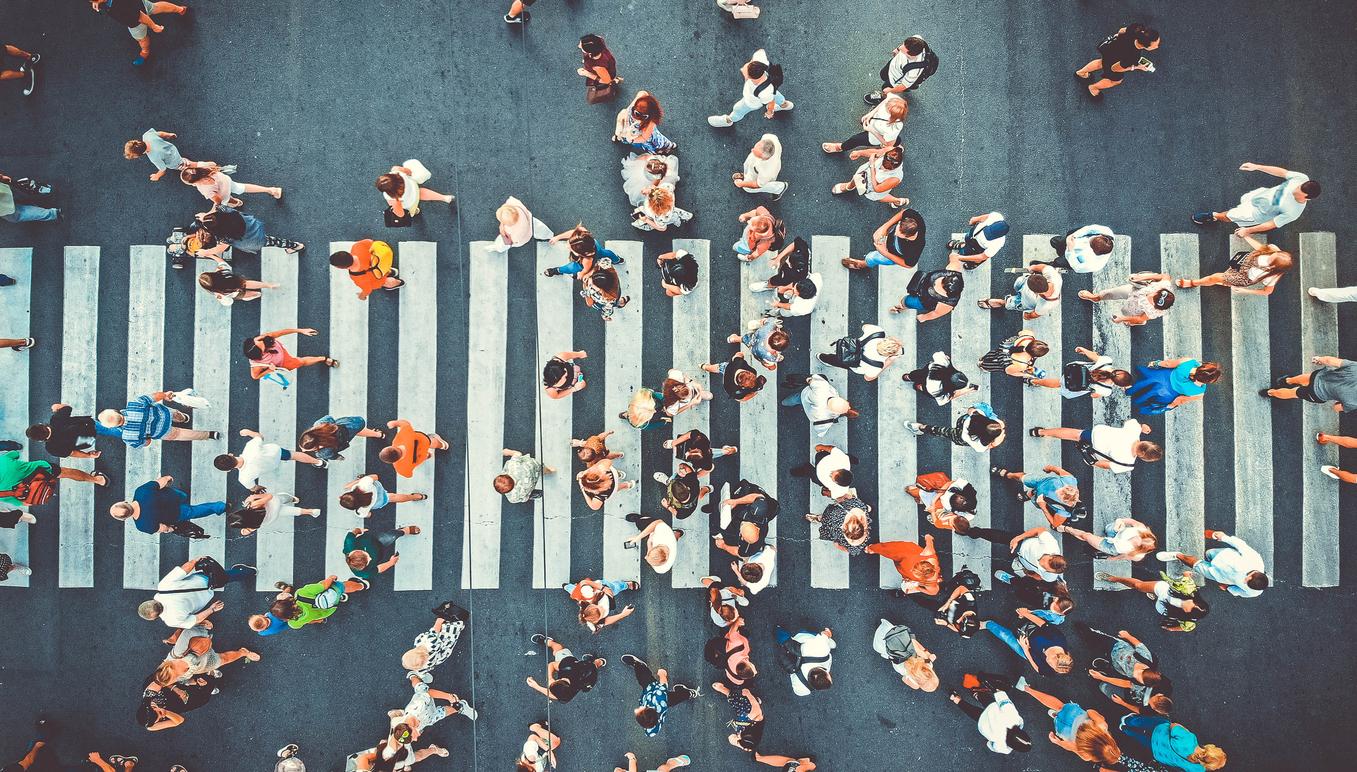Having received chemotherapy treatment to cure cancer could have an impact on future generations, increasing the risk of children and grandchildren of suffering from certain diseases.

- Prostate cancer is the most common in men with 50,000 new cases in 2015, according to Santé Publique France.
- In women, breast cancer affects the most patients, with 58,000 new cases in 2018.
382,000 new cases of cancer were diagnosed in 2018 in France, according to Public Health France. Some of them are young. Indeed, according to the National Cancer Institute, there would be 2,200 children aged 0 to 17 newly diagnosed with cancer each year in France.
Analyze the effects of chemotherapy on future generations
For these young patients, could a chemotherapy treatment have consequences for future generations? In other words, their children and grandchildren. This is the question that a team of researchers tried to answer. Their work has been published in the journal iScience.
Scientists have looked at the consequences of chemotherapy treatment for future generations, that is to say the children and grandchildren of a sick patient. For this, they conducted experiments on rats. These were exposed for three days to ifosfamide, a chemotherapy drug used for the management of several cancers. This duration is equivalent, on a rodent scale, to what a teenager with cancer can receive as treatment.
Secondly, these same rats bred with females who had never received treatment. Their children then also had to breed with rats that had never undergone chemotherapy. The aim was to analyze the consequences of this product on the first and second generation.
Cancer: more risk of suffering from diseases when a relative has been treated
Result: Chemotherapy had effects on both generations, including an increased risk of kidney and testicular disease, a delay in puberty and abnormally low anxiety, which means a poor ability to assess risk. Another finding: epigenetic changes were observed over the next two generations, which means that there was a change in gene activity.
“The results suggest that if a patient receives chemotherapy treatment and then has children, their grandchildren, and even great-grandchildren, may have an increased susceptibility to disease due to exposure to the chemotherapy of their ancestors“, explains Michael Skinner, one of the authors of this study in a communicated.
In the long term, the scientists also believe that a better knowledge of the epigenetic modifications linked to chemotherapy could make it possible to determine the probability of offspring patients to suffer from certain diseases and thus to put in place prevention or treatment strategies earlier.
Finally, the scientists emphasize that this study should not deter cancer patients from following the chemotherapy treatment prescribed by their doctor. They nevertheless invite the youngest to have their sperm or eggs frozen before starting the treatment.















